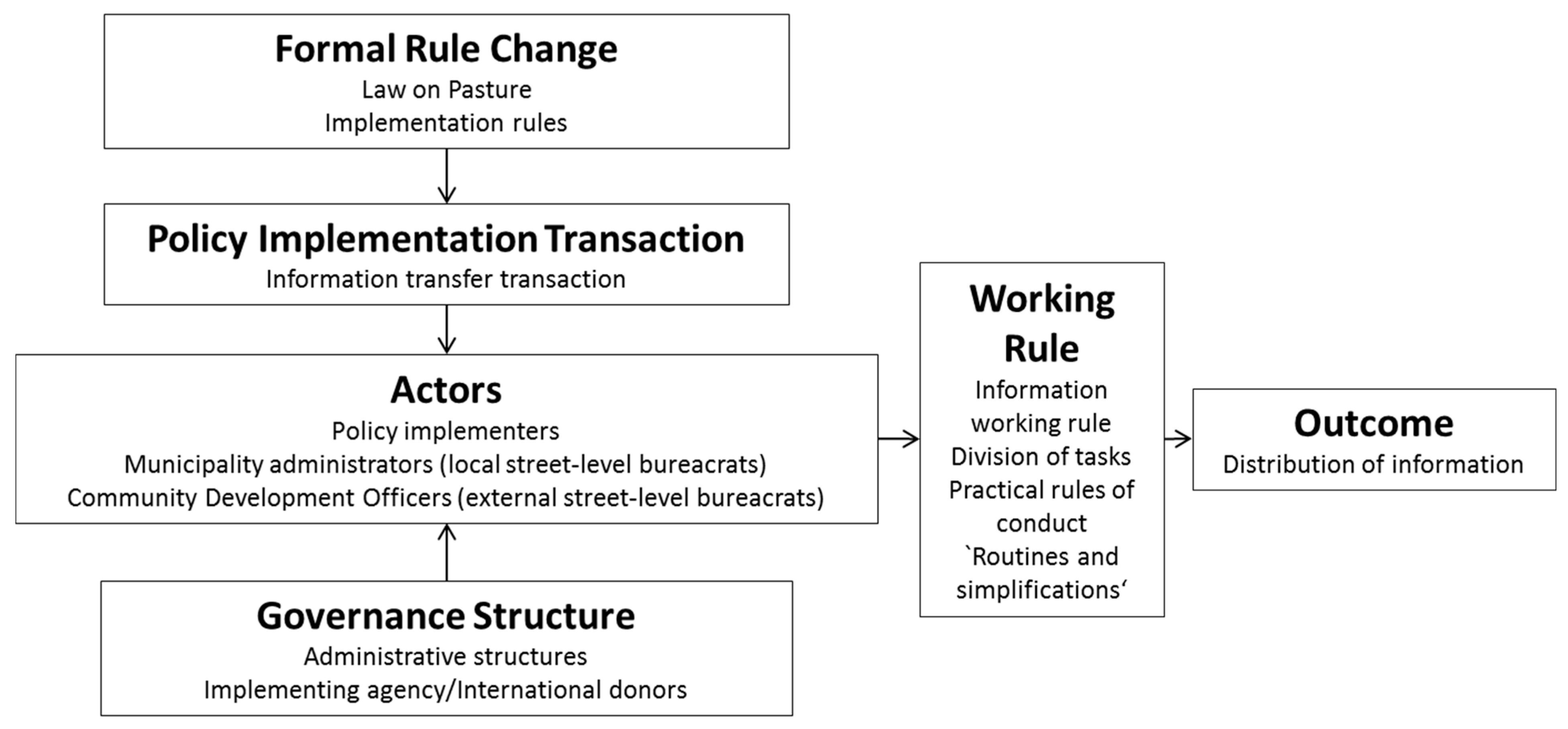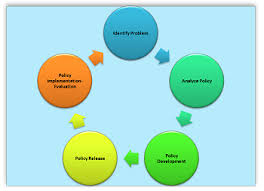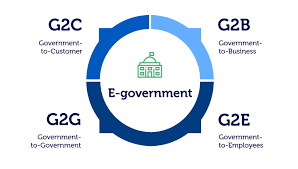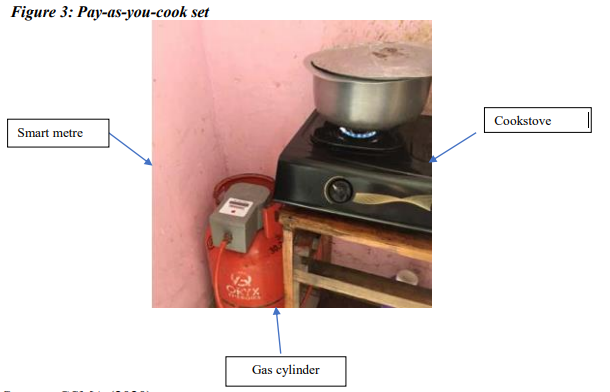Street-level Bureaucrats and Service Delivery in Selected LGAs in Tanzania
Copying with Restraints of Health and Education Services

Downloads
This paper examines the manner street-level bureaucrats (agents) interact with the principal (government, citizens, etc.) in the regular course of their jobs to deliver services particularly health and education as informed by agent theory. Although service delivery involves numerous actors, the role of street-level bureaucrats (SLBs) cannot be underrated. SLBs are government employees, teachers and health staff in this context, who are thought to exhibit significant independence in job decision-making, unveil potential extensive impact on clients’ lives and exercise both de jure and de facto discretion. It is believed that in the due course of rendering services, SLBs experience some difficulties like operating under scarce resources, a situation that forces SLBs to exercise their discretionary clout in dealing with service delivery restraints as a response to tenets of SLBs theory. Although the existence of aforesaid situations is not highly contested, there is not enough theoretical evidence that explains service delivery dynamics in selected LGAs and the manner SLBs exercise de jure and defacto discretion to cope with the status quo. To bridge this fissure, the qualitative approach, spatial quasi-design, semi-structured interviews, documentary reviews and observation were accorded to gather some insights from selected areas regarding service delivery dynamics and the manner SLBs pursue their agenda mainly focusing on the delivery of aforesaid services. Study findings revealed that service delivery in selected LGAs is at a snail’s pace due to several restraints and that in the due course of their operations, SLBs devise some mechanisms to cope with service delivery restraints regardless of whether SLBs interface leads to either positive or negative outcomes.












